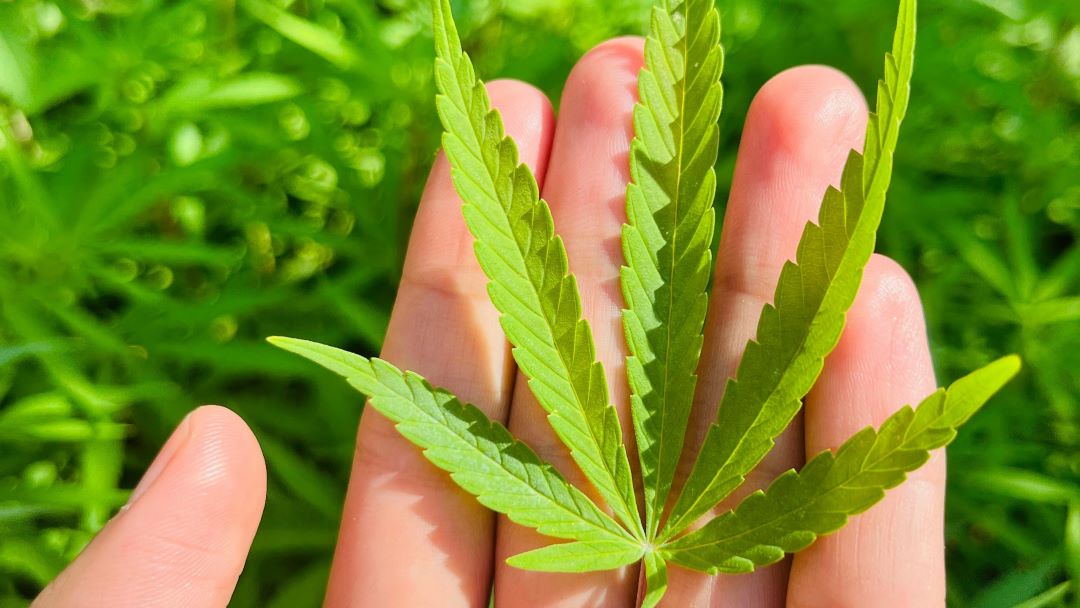Proposed by the Iowa Department of Public Safety (DPS), the bill grants the Department of Health and Human Services (HHS) the authority to regulate consumable hemp products.
Under this legislation, HHS is empowered to establish cannabinoid potency limits for hemp products and formulate regulations regarding their distribution and sale. The bill enforces an age restriction, allowing the sale of consumable hemp products only to individuals aged 21 and older. Additionally, it outlines criminal penalties for those selling or providing such products to minors.
Despite the federal legalization of hemp products through the 2018 Farm Bill and subsequent state-level legalization in Iowa in 2019 with the Iowa Hemp Act, there has been a lack of quality standards and regulations for consumable hemp products. This regulatory gap has resulted in the proliferation of hemp-derived products containing intoxicating cannabinoids like Delta 8 and Delta 9 THC.
State lawmakers in Iowa expressed concerns about the unregulated market, citing the availability of THC-infused products, even to minors. The bill is seen as a response to the challenges posed by the “wild, wild west” nature of the current hemp product landscape.
Josie Wagler, the legislative liaison for the Department of Public Safety, emphasized the need for regulation, pointing to the emergence of high-potency, high-THC products with no age restrictions. Mental health advocates, including Leslie Carpenter, co-founder of Iowa Mental Health Advocacy, supported the bill, highlighting the potential serious mental consequences, especially for young people, associated with high-potency THC products.
However, opposition to House Study Bill 665 comes from within Iowa’s hemp industry. Some business owners argue that the legislation goes too far, penalizing even those producing non-psychoactive products. Scott Booher, operator of Four Winds Farms, expressed concern about criminalizing the use of hemp products for children, particularly those intended to address issues like chronic pain, anxiety, and sleep.
Tyson Allchin, a licensed hemp grower, criticized the continuous changes in standards governing hemp and medical marijuana production. He pointed out that the bill attempts to ban a hemp product that he had previously received approval for, despite complying with both state and federal guidelines.
The bill has now moved to the full House Committee on Public Safety for further consideration. The discussions around this legislation underscore the challenges and ongoing debates surrounding the regulation of hemp products in various states.




